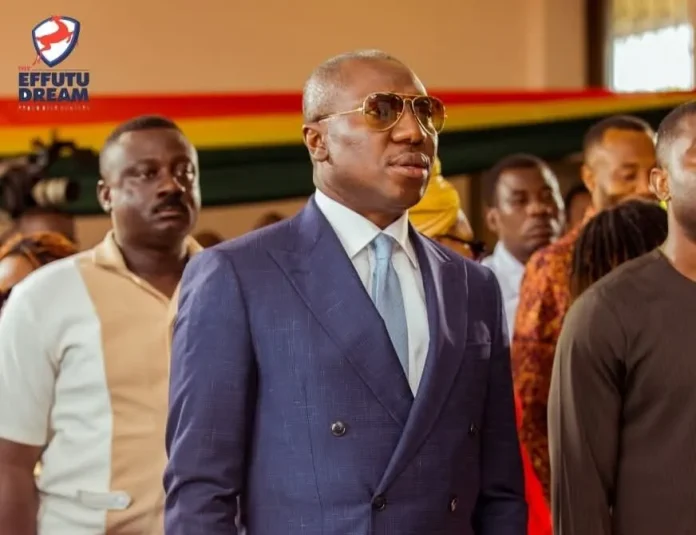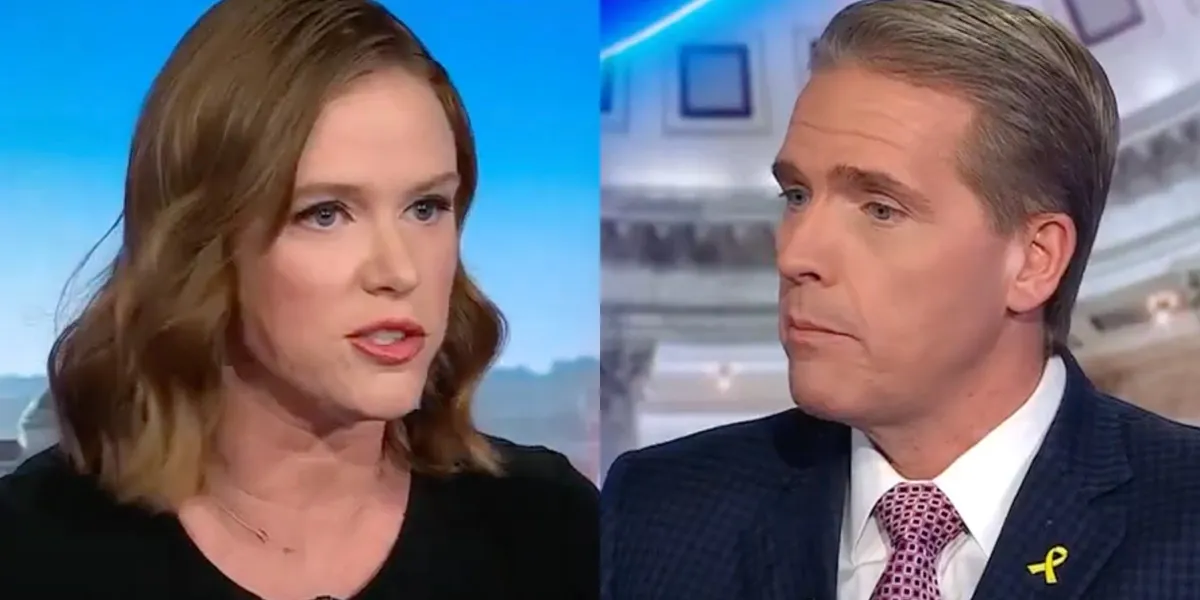By Ghana Plus,GhanaPlus
Copyright ghanaplus

Parliament’s opposition chief challenges next generation to reject divisive tactics as youth unemployment reaches 32.8 percent nationally, threatening Ghana’s democratic foundations.
Ghana’s Minority Leader has intensified calls for a fundamental shift in political culture, launching what amounts to an anti-establishment youth movement targeting the country’s entrenched system of destructive partisan rivalry.
Speaking during the University of Education, Winneba (UEW) Young Commons Forum on Friday, September 19, 2025, Osahen Alexander Kwamena Afenyo-Markin delivered a scathing critique of Ghana’s political establishment, warning that “pull him down” politics threatens the nation’s survival.
The Member of Parliament (MP) for Effutu positioned his message against the backdrop of Ghana’s youth crisis, where national unemployment among 15-24 year-olds stands at 32.8 percent, with some northern regions experiencing rates approaching 40 percent.
“So often, we celebrate election victories, only to see the first year pass without tangible progress for the youth or the nation,” Afenyo-Markin challenged the packed Assembly Hall audience. “We must ask ourselves: what have our leaders done to reduce youth unemployment? Have they created opportunities or added to the problem?”
His remarks represent a departure from traditional opposition rhetoric, focusing criticism on systemic political behavior rather than specific party policies. The approach signals potential preparation for broader political realignment as Ghana approaches future electoral cycles.
The forum, part of UEW’s Young Commons initiative emphasising innovation and conducive environments for progress, provided Afenyo-Markin a platform to articulate what he describes as generational change imperatives facing Ghana’s democracy.
Central to his argument is the contention that political leaders routinely squander public goodwill through destructive competition. “Enough of the vicious cycle of ‘I do you,’” he declared, using popular Ghanaian parlance for retaliatory politics.
The Minority Leader’s critique extends beyond partisan dynamics to encompass what he characterizes as systemic corruption enabled by political tolerance. “Today, our country stands at a crossroads. The greed of a few is unchecked,” he warned, calling for collective action to prevent democratic backsliding.
His intervention comes amid growing concerns about regional security implications of youth unemployment, with former President John Mahama acknowledging that “our youth are tired and frustrated at the lack of opportunities” during recent continental discussions.
Afenyo-Markin’s strategy involves mobilizing university students as agents of political transformation, encouraging them to demand policy-focused governance over social media theatrics. The approach reflects recognition that traditional political messaging may prove insufficient for engaging Ghana’s increasingly sophisticated youth demographic.
“Be the generation that says no to corruption and yes to accountability; no to division and yes to unity,” he urged, invoking Nelson Mandela’s observation that “sometimes it falls upon a generation to be great.”
The Young Commons Forum initiative represents broader efforts to institutionalize youth political engagement beyond election cycles. Similar events at University of Professional Studies, Accra (UPSA) and other institutions suggest coordination aimed at building sustained pressure for governance reform.
However, Afenyo-Markin’s message faces implementation challenges within Ghana’s deeply entrenched two-party system, where partisan loyalty often supersedes policy considerations. His own position as Minority Leader requires careful navigation between opposition duties and reform advocacy.
The forum’s timing, occurring during Parliament’s current session, allows Afenyo-Markin to leverage his institutional platform for broader political messaging. Yet success will ultimately depend on whether student audiences translate inspiration into sustained political action.
As Ghana grapples with economic recovery challenges and regional security concerns, the Minority Leader’s appeal represents recognition that traditional political approaches may prove inadequate for addressing contemporary governance demands.
The test of his youth-focused strategy will emerge through measurable changes in political discourse and policy priorities, particularly regarding unemployment solutions and corruption prevention mechanisms that directly affect Ghana’s next generation.



